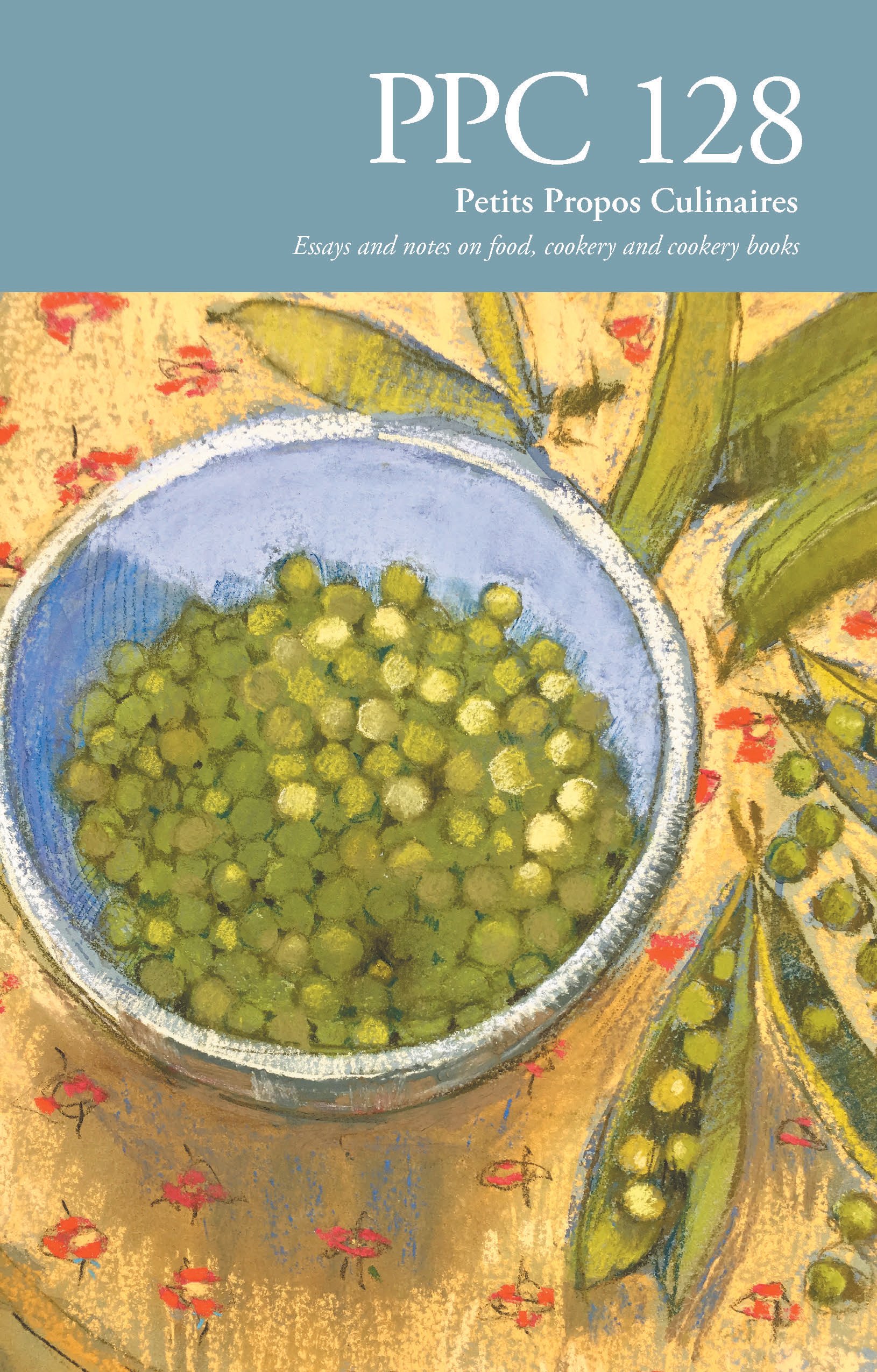Olive Oil in Spain
A Culinary, Economic and Social History
Camila Loew [+–]
University of Barcelona
Olive Oil in Spain: A Culinary, Social, and Economic History is an in-depth exploration of olive oil throughout the culinary, social and economic history of Spain. Though olives are currently grown. harvested, and processed in other parts of the world, olive oil has historically been and is still known foremost as a Mediterranean staple. Among the Mediterranean olive oil-producing regions, Spain is the number one producer of olive oil in the entire world. Spain’s production of olive oil amounts to approximately 40% of the world’s overall olive oil production. The history of Spain is unimaginable without the olive tree, a fundamental part of its landscape and cuisine, as well as a pillar in the local culture and economy. A book about the olive tree and its fruits (and oils) may even read as a book about the history of Spain itself. Olive cultivation and olive oil production, distribution, and consumption are fundamental to Spain’s economy and (culinary) identity. Olive oil is essential to Spanish regional cuisines; it has remained the most important -often the only- ingredient common to the kitchens of all the regions in Spain. Olive oil may be considered the unifying force that brings together the varied regional cuisines of Spain. The increasing global interest in and demand for olive oil in recent years, since Ancel Keys’ famous studies of the Mediterranean Diet in the mid-twentieth century, along with current events such as environmental changes and inflation, have affected the Spanish economy, and the longstanding culinary practices that surround olive oil. This book is a deep dive into the long story of the olive in Spain. Through this all-important ingredient known as “liquid gold”, the book offers a nuanced understanding of relations among food, culture, and society in today’s changing landscape.
£24.95 / $32.00
Institutional
£75.00 / $100.00







